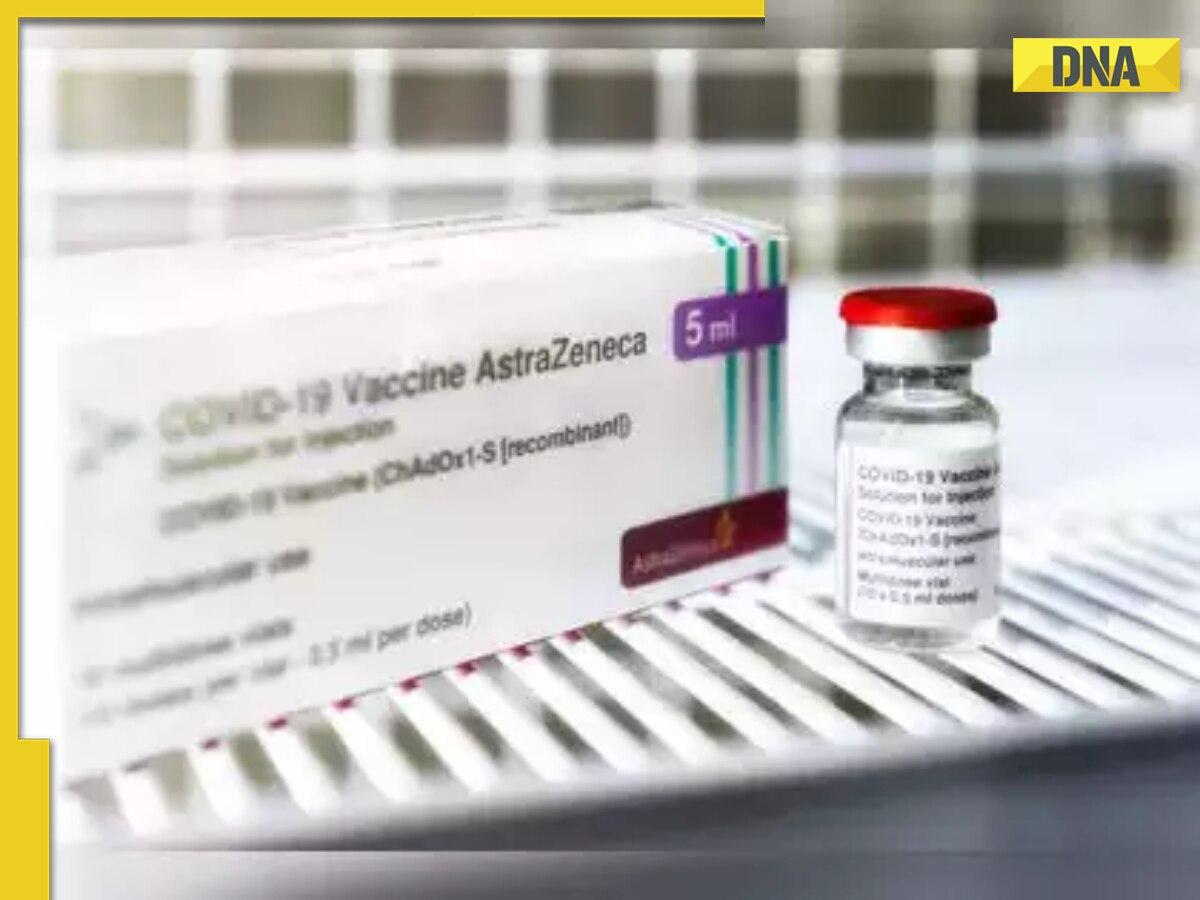
In a striking development in the ongoing battle against the COVID-19 pandemic, AstraZeneca has made the unexpected decision to cease the worldwide distribution of its widely used COVID-19 vaccine. It has been confirmed by UK-based The Telegraph that the pharmaceutical giant is pulling the vaccine from the global market.
This announcement signifies a turning point for the AstraZeneca vaccine, internationally known under the brand name Vaxzevria, as the company looks to terminate its marketing authorisations within Europe. The move comes in light of plummeting demand as the world adjusts to the shifting landscape of the pandemic. With new variants of the virus emerging and the introduction of updated vaccines specifically designed to combat these strains, the once pioneering COVID-19 vaccine by AstraZeneca now faces redundancy.
The original Vaxzevria vaccine was one of the first to receive widespread approval and was lauded for its role in early global vaccination efforts, particularly in lower-income countries through the COVAX initiative. It set itself apart with accessible storage requirements and a non-profit pricing model during the pandemic. However, with the relentless progression of the virus and subsequent mutations, the landscape of necessary immunological protection has evolved.
The emergence of variant-tailored vaccines has created a surplus of more effective options, leaving previous formulations like Vaxzevria less in demand. AstraZeneca has cited these shifts in vaccine requirements as a driving force behind their decision to revoke the vaccine’s marketing approvals and to discontinue the production and supply lines.
AstraZeneca’s initiative underscores the dynamic nature of vaccine development and distribution in response to COVID-19. While initially praised for its rapid development and deployment, the Vaxzevria vaccine now joins other medical interventions that have been phased out due to the evolution of medical technology and the ever-changing virus it is designed to fight.
The company has not made light of the decision, acknowledging the gravity of retiring a vaccine that has played a crucial role in global efforts to curb the pandemic. Millions of doses of Vaxzevria have been administered worldwide, with countless lives saved and a significant reduction in severe disease outcomes achieved as a result.
The decision poses inevitable questions about the future of vaccine distribution, particularly for regions that have relied heavily on Vaxzevria for their inoculation campaigns. Public health experts stress the importance of maintaining vaccination drives and ensuring that updated vaccines are made available, especially as new variants may continue to challenge global immunity.
The pharmaceutical landscape is anticipated to adapt to this significant change as other vaccine manufacturers may increase production to fill the void left by AstraZeneca’s withdrawal. Emphasis is now heightened on the necessity for flexible, responsive vaccine technology that can keep pace with the mutable nature of viruses.
In regards to the existing stock of Vaxzevria, communication from AstraZeneca suggests that they will honor current contractual commitments until their expiry but will not pursue further production or renew agreements as the existing supplies diminish and eventually run out.
Public health organizations are coordinating closely with AstraZeneca and other vaccine producers to manage the transition and ensure that populations remain protected. The focus is on ensuring continuity of protection for all, especially as the world cautiously navigates out of the acute phases of the pandemic.
As for AstraZeneca, the company remains an active presence in the COVID-19 battle, investing in research and development to support the ongoing demands of global health care amidst this pandemic. The end of Vaxzevria symbolizes not just the end of a product but also a complex moment of transition in the enduring fight against COVID-19, illustrating the need to adapt, innovate, and respond to the relentless challenges posed by this global health crisis.












